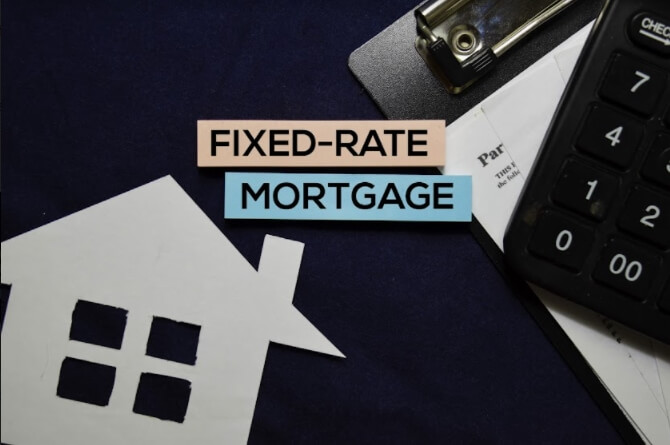As an Indian citizen, it is likely that you are well aware of the vast saving culture the country has running wild within. While we have come some way from people storing their lives earnings under their mattresses, only to lose it all to a sudden demonetization push, the average Indian citizen still prioritizes saving, something that is instilled in them even before they are born.
This practice of saving most of your earnings, however, especially with the advancement in the globalization movement, has drawn a lot of criticism, with the opportunity cost of stashing away your earnings being immense. Countless data shows that fiat currencies lose their value over time (you can use an FD calculator to check), and thus it is important to invest in financial assets that will ideally outperform, or at least grow at market rate. So, should you still be investing in a fixed deposit account?
The Pros of investing in Fixed Deposit
- Security: Since your money is stored with a bank, you can be almost completely carefree about your money being stolen or lost.
- Very low risk: A fixed deposit is effectively a guaranteed return scheme, as you are storing your money in your bank account, and the only action this money takes is to sit idle and generate interest. Unless your bank goes bust, you will not be losing your money.
- Returns: Many criticise a fixed deposit account for the low returns. However, this is one step better than storing money in physical form, as you can earn interest. You can use an FD interest calculator to assess your earnings.
- Fixed interest payouts: You can set your term of choice and can even opt for monthly, quarterly or yearly payouts if you are in need of the money.
The Cons of Investing in Fixed Deposit
- Low returns: Just because you use an FD interest calculator and see you get a certain percentage as returns, does not mean this is good. FDs offer very low rates of returns, and when adjusted for inflation in the long term, you could be losing money.
- Penalties: In a fixed deposit, your money is effectively stuck till the term lapses. If you need the money earlier, therefore, you will have to ‘break’ the FD and pay the subsequent penalties.
- No more tax exemptions: After the 2019 budget, any interest earned over 40,000 on an FD is now to taxes that are deducted at source (TDS).
Conclusion
If you are looking for a simple answer to the question ‘should I invest in an FD’ then you do not need an FD Calculator to tell you that the answer is a resounding yes. However, you are asking the wrong question. Were the question to be ‘should I invest all my money in an FD, you would get a more realistic answer. An FD is a low-risk investment instrument. Its best use, therefore, is to offset high-risk instruments in your portfolio. The goal here is to create a diversified portfolio, due to which you will not have to rely on your FD only and constantly.

I am Tristan who loves to ride and spend time with my jenny (horse) and my love Mark. After completing my graduation, I have been working as an accountant in a private firm in Cologne.






